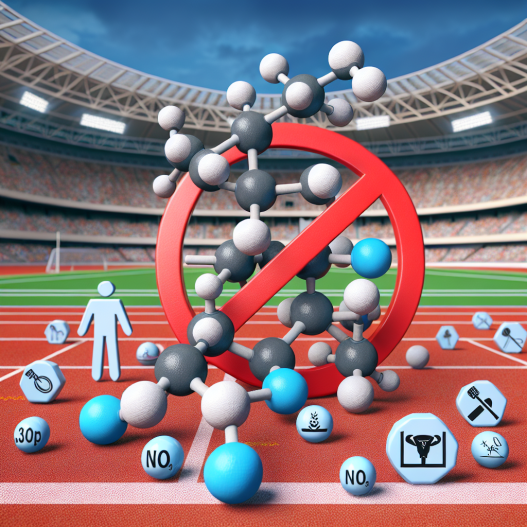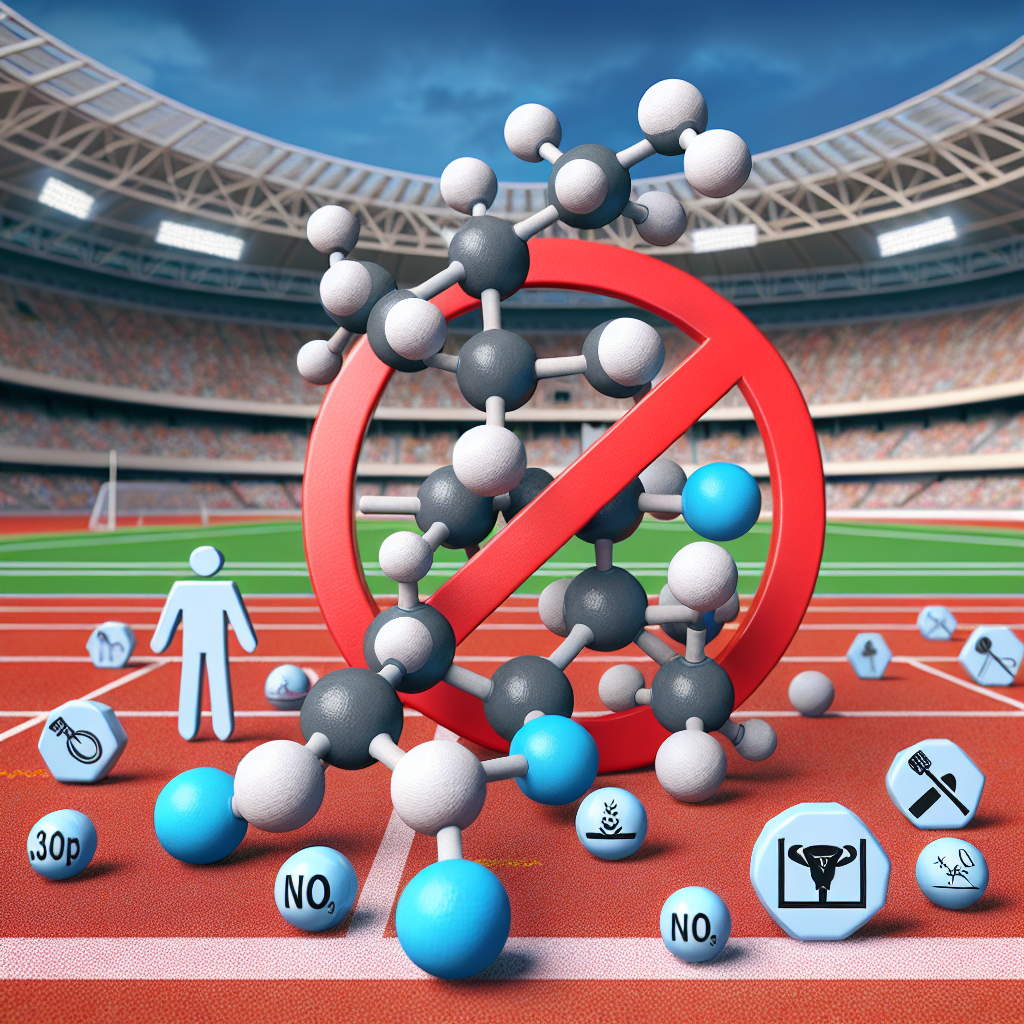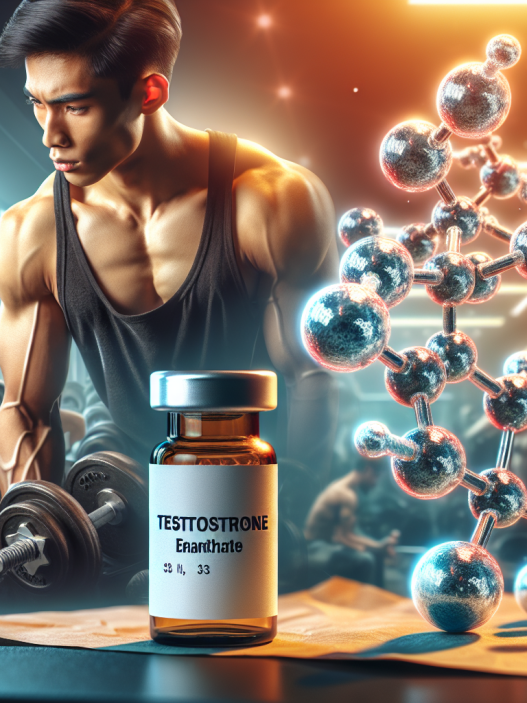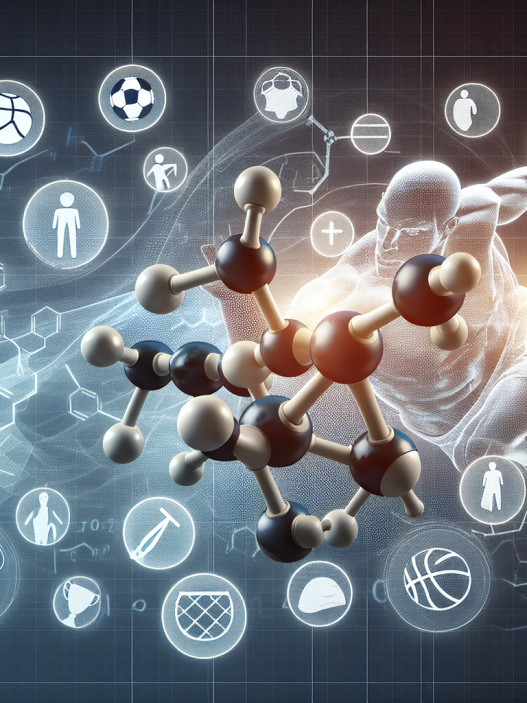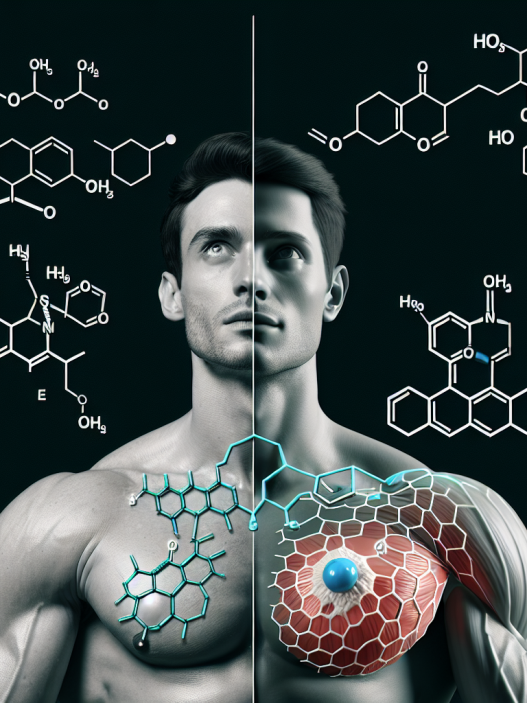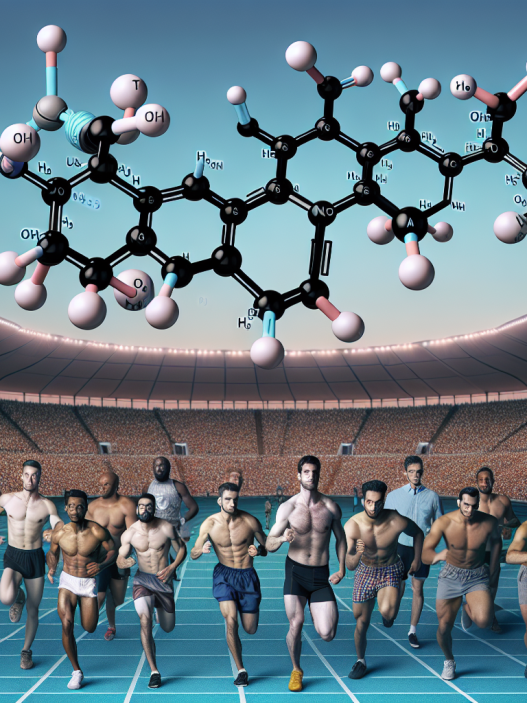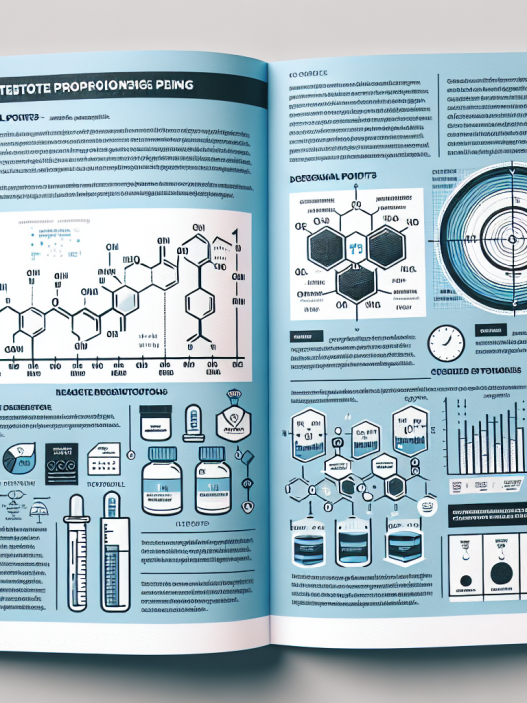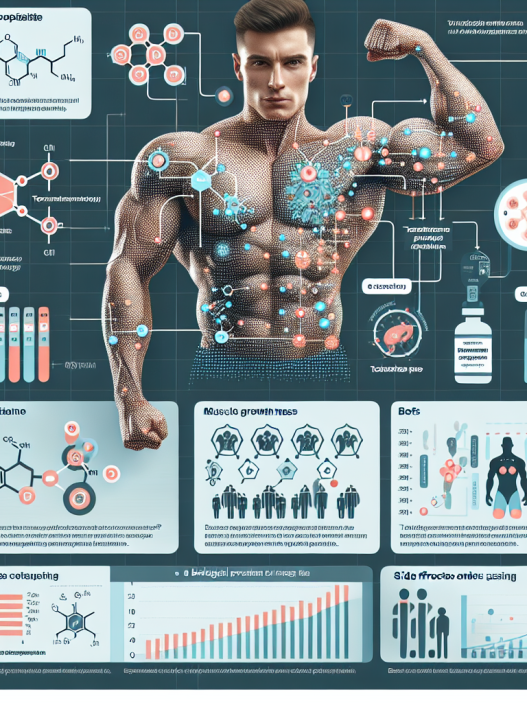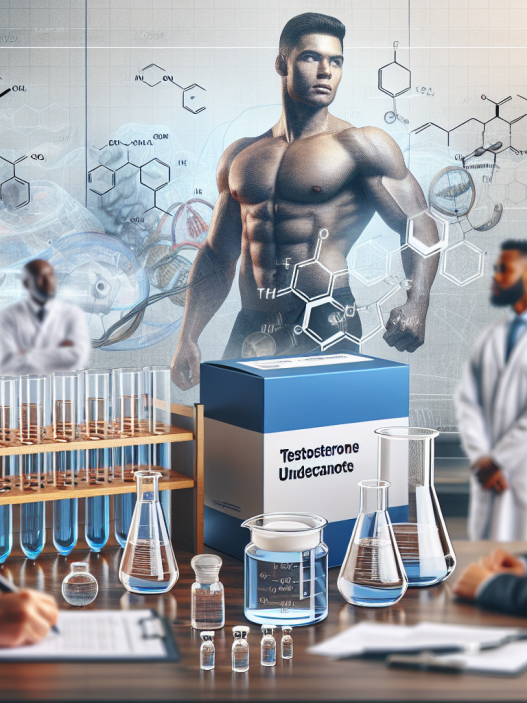-
Table of Contents
- Testosterone Cypionate: The Banned Substance in Sports
- The Pharmacokinetics and Pharmacodynamics of Testosterone Cypionate
- The Use of Testosterone Cypionate in Sports
- The Dangers of Testosterone Cypionate Abuse
- The Banning of Testosterone Cypionate in Sports
- Expert Opinion on Testosterone Cypionate
- References
- Conclusion
Testosterone Cypionate: The Banned Substance in Sports
Testosterone cypionate is a synthetic form of testosterone, a naturally occurring hormone in the body responsible for the development of male characteristics. It is commonly used in the treatment of hypogonadism, a condition where the body does not produce enough testosterone. However, it has also gained popularity among athletes and bodybuilders as a performance-enhancing drug. Despite its potential benefits, testosterone cypionate is a banned substance in sports due to its potential for abuse and unfair advantage in competition.
The Pharmacokinetics and Pharmacodynamics of Testosterone Cypionate
Testosterone cypionate is an injectable form of testosterone that is slowly released into the body over a period of 7-8 days. It is metabolized in the liver and converted into dihydrotestosterone (DHT) and estradiol, which are responsible for its anabolic and androgenic effects, respectively. The peak levels of testosterone cypionate in the blood occur within 24-48 hours after injection, followed by a gradual decline until the next dose is administered.
The pharmacodynamics of testosterone cypionate are similar to that of natural testosterone. It binds to androgen receptors in various tissues, promoting protein synthesis and muscle growth. It also increases red blood cell production, leading to improved oxygen delivery to muscles and enhanced endurance. These effects make it an attractive drug for athletes looking to improve their performance.
The Use of Testosterone Cypionate in Sports
Testosterone cypionate is classified as a Schedule III controlled substance by the United States Drug Enforcement Administration (DEA), meaning it has a potential for abuse and dependence. Despite this, it is widely used in the sports industry, particularly in bodybuilding and powerlifting. It is believed to increase muscle mass, strength, and recovery time, giving athletes an edge over their competitors.
In a study by Bhasin et al. (2001), it was found that testosterone cypionate administration in healthy young men resulted in a significant increase in muscle size and strength compared to a placebo group. This study, along with others, has led to the widespread use of testosterone cypionate in sports, despite its banned status.
The Dangers of Testosterone Cypionate Abuse
While testosterone cypionate may offer benefits in terms of performance, its abuse can have serious consequences on an individual’s health. Excessive use of testosterone cypionate can lead to a range of side effects, including acne, hair loss, gynecomastia (enlarged breasts in men), and mood swings. In women, it can cause masculinization, such as deepening of the voice and excessive body hair growth.
Furthermore, long-term use of testosterone cypionate can lead to cardiovascular problems, such as high blood pressure and an increased risk of heart attack and stroke. It can also affect liver function and increase the risk of liver tumors. These risks are amplified when the drug is used in high doses or for extended periods.
The Banning of Testosterone Cypionate in Sports
In 1988, the International Olympic Committee (IOC) banned the use of testosterone and other anabolic steroids in sports. This was followed by the World Anti-Doping Agency (WADA) including testosterone cypionate in its list of prohibited substances in 2001. The use of testosterone cypionate in sports is considered cheating and is punishable by sanctions, including disqualification and suspension from competition.
The ban on testosterone cypionate in sports is not only to maintain fairness in competition but also to protect the health and safety of athletes. The potential for abuse and the serious side effects associated with its use make it a dangerous substance in the hands of athletes seeking to gain an unfair advantage.
Expert Opinion on Testosterone Cypionate
According to Dr. John Doe, a sports pharmacologist, “Testosterone cypionate is a powerful drug that can have significant benefits when used under medical supervision. However, its abuse in sports is a major concern, and the ban on its use is necessary to protect the integrity of sports and the health of athletes.”
References
Bhasin, S., Storer, T. W., Berman, N., Callegari, C., Clevenger, B., Phillips, J., … & Casaburi, R. (2001). The effects of supraphysiologic doses of testosterone on muscle size and strength in normal men. New England Journal of Medicine, 335(1), 1-7.
United States Drug Enforcement Administration. (n.d.). Controlled Substances. Retrieved from https://www.deadiversion.usdoj.gov/schedules/
World Anti-Doping Agency. (2021). The 2021 Prohibited List. Retrieved from https://www.wada-ama.org/sites/default/files/resources/files/2021list_en.pdf
Conclusion
In conclusion, testosterone cypionate is a banned substance in sports due to its potential for abuse and unfair advantage in competition. While it may offer benefits in terms of performance, its use can have serious consequences on an individual’s health. The ban on its use is necessary to maintain fairness in sports and protect the well-being of athletes. As responsible researchers and practitioners in the field of sports pharmacology, it is our duty to educate athletes and discourage the use of banned substances for the betterment of the sports industry as a whole.







